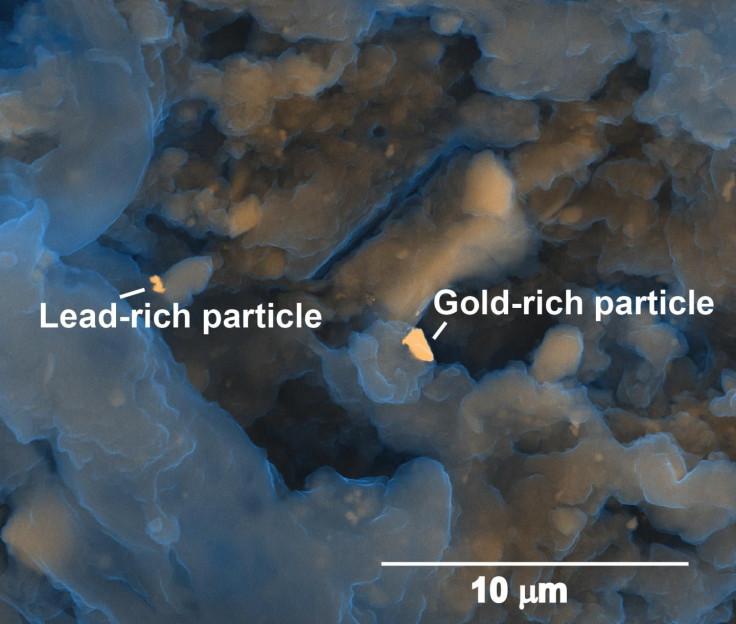Poop Gold: Study Finds Human Feces Contain Precious Metals Worth Millions

If the findings of a new study are to be believed, you have been flushing a literal goldmine down the toilet every morning. Your poop, it turns out, contains microscopic nuggets of gold, silver and rare metals like palladium in concentrations large enough to be mined -- if they were in a rock, that is.
According to the research, which was presented at the national meeting of the American Chemical Society (ACS) in Denver on Monday, the recovery of these metals may not only be commercially viable, but could also decrease the need for mining, thereby significantly reducing damage to the environment. Moreover, the extraction of these elements would also increase the effectiveness of biosolids as fertilizers.
Currently, nearly half of the over 7 million tons of human waste that is generated in the U.S. is used as fertilizer on fields and in forests, while the other half is incinerated or sent to landfills.
“If you can get rid of some of the nuisance metals that currently limit how much of these biosolids we can use on fields and forests, and at the same time recover valuable metals and other elements, that's a win-win,” Kathleen Smith from the U.S. Geological Survey, who led the study, said in a statement. “We're interested in collecting valuable metals that could be sold, including some of the more technologically important metals, such as vanadium and copper that are in cell phones, computers and alloys.”
The scientists are now experimenting with chemicals known as leachates, which are used to extract metals from rocks. While some of these chemicals can damage the environment and ecosystems, Smith said that they can be used to recover metals from solid waste in a “controlled setting.”
“The economic and technical feasibility of metal recovery from biosolids needs to be evaluated on a case-by-case basis,” Smith added.
The findings are the latest in a series of studies attesting the value of human feces as a source of unexpected and useful byproducts. In January, a separate study conducted by researchers from the Arizona State University had estimated that an American city of 1 million inhabitants flushed about $13 million worth of precious metals down toilets and sewer drains each year. Earlier in the same month, Microsoft co-founder Bill Gates demonstrated a machine that processed waste and sewage into potable water.
© Copyright IBTimes 2025. All rights reserved.





















